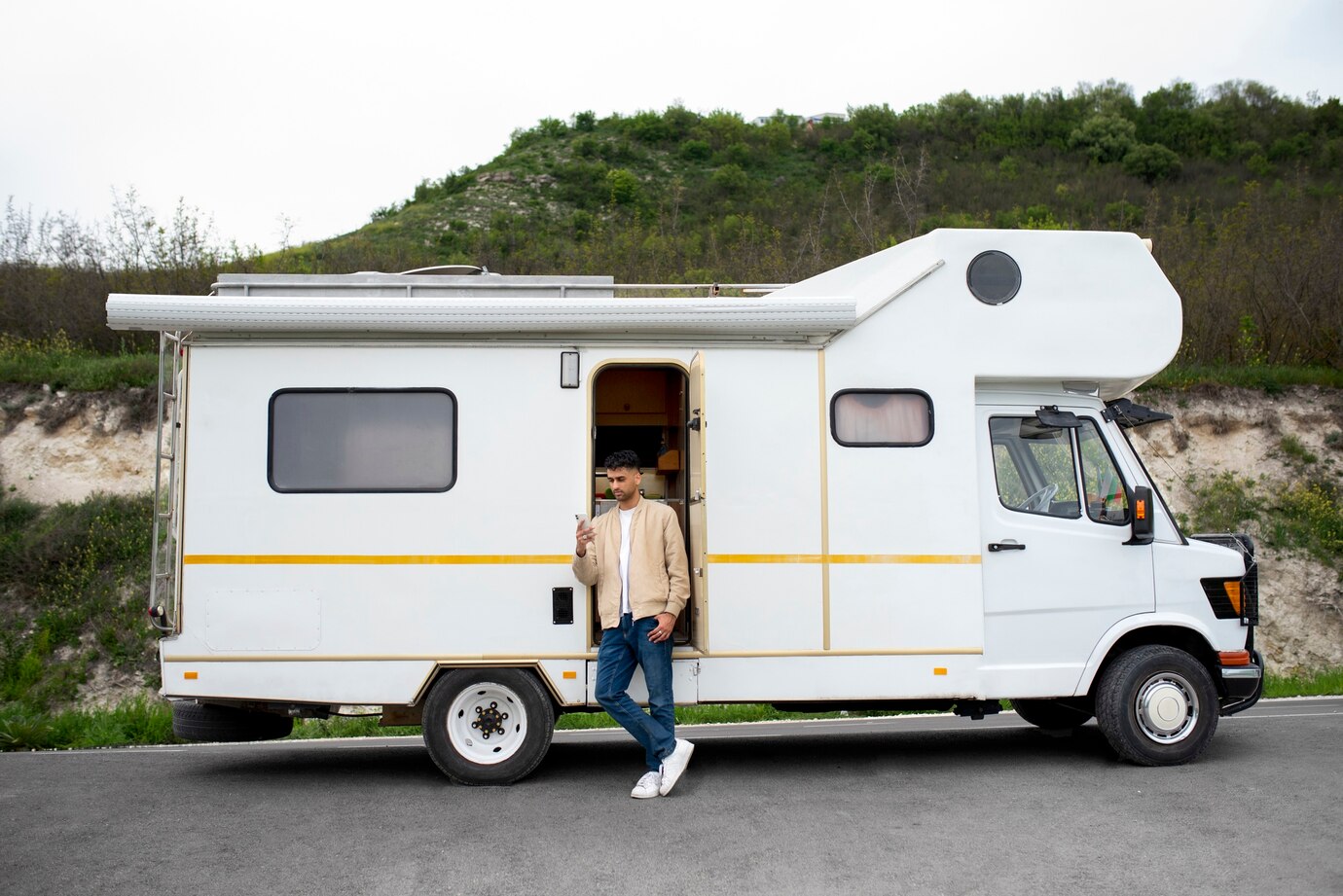Don't let winter damage your RV! Discover the essential steps to winterize your RV properly and ensure a smooth start next season.
How to Winterize Your RV Properly

Winterizing your RV is very important. Cold weather can cause water to freeze inside your RV water heater, plumbing lines, and heater tank. If you do not take the right steps, this can lead to costly damage. Follow this simple guide to winterize your RV properly and protect it from freezing temperatures.
Step 1
Drain All Water:
Water expands when it freezes. If you do not remove the water from your RV hot water tank, water heater pipes, and drain tubing, they can crack. Follow these steps to remove water:
- Turn off the water supply valve.
- Open the RV fresh water tank drain valve.
- Open all faucets and let water flow out.
- Drain water pump by running it dry for a few seconds.
- Use the water shut off to stop any leftover water.
- Check water leak areas to ensure everything is dry.
Step 2
Drain the Water Heater :
Your RV water heater needs to be completely dry..
- Turn off the power to the heater tank.
- Let it cool down.
- Use the water heater pressure relief valve to release pressure.
- Open the RV drain and let all water flow out.
- Remove water plugs to help make it drain faster.
- Clean and inspect the water heater pipes.
Step 3
Bypass the Water Heater
This step stops antifreeze from entering the water heater lines. Many RVs have a built-in bypass system. If your RV does not have one, install a water heater kit.
Step 4:
Add RV Antifreeze
Antifreeze prevents leftover water from freezing inside plumbing lines.
- Close all drains and water plugs.
- Connect a siphon hose to the drain water pump.
- Pump RV antifreeze into the water heater lines.
- Open each faucet until antifreeze comes out.
- Flush the toilet and pour antifreeze into drains.
Step 5
Final Checks :
Before storing your RV, do the following:
- Check water heater to ensure it is dry.
- Inspect all water heater pipes for leaks.
- Test the water shut off to make sure it works.
- Look at the water supply valve to confirm it is closed.
Following these steps will help you winterize your RV properly and keep it safe during winter.
Conclusion and Final Thoughts
Properly winterizing your RV is essential to avoid costly repairs. Taking the time to drain your water heater, protect your plumbing lines, and use the right water heater kit can save you from major issues in the future. A little effort now ensures that your RV stays in great shape for the next travel season. By following this guide, you can have peace of mind knowing that your RV is safe from freezing temperatures.
FAQs
-
1.How often should I winterize my RV?
You should winterize it before temperatures drop below freezing. -
2. Can I use regular antifreeze in my RV?
No, always use RV-specific antifreeze to protect your water heater lines and plumbing lines. -
3. Do I need to drain my water heater every year?
Yes, draining your water heater yearly prevents buildup and damage. -
4. How do I know if my RV water system is fully drained?
Check all plumbing lines and the water heater pipes for any leftover water. -
5. What happens if I do not winterize my RV?
The heater tank and RV hot water tank can crack due to frozen water, leading to expensive repairs.
